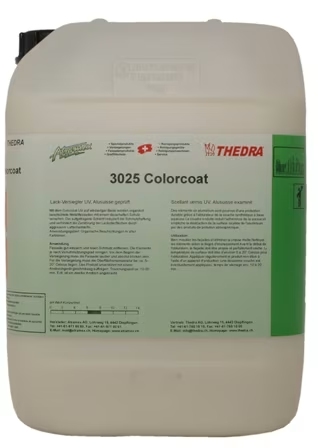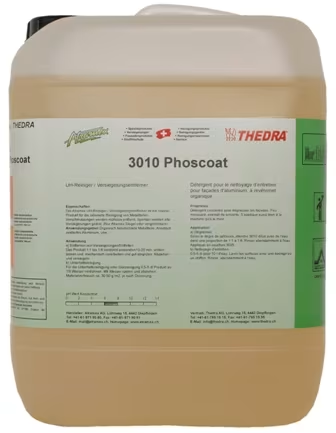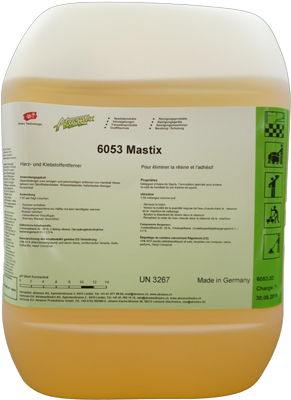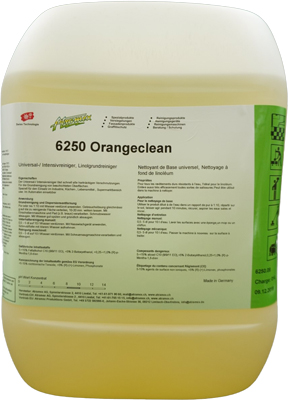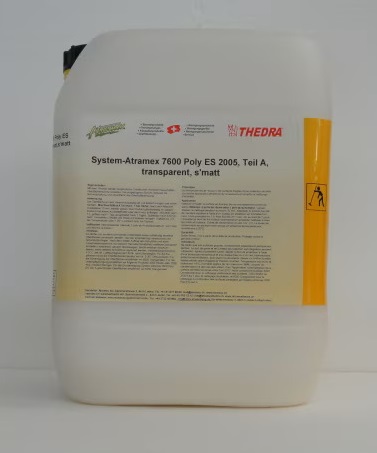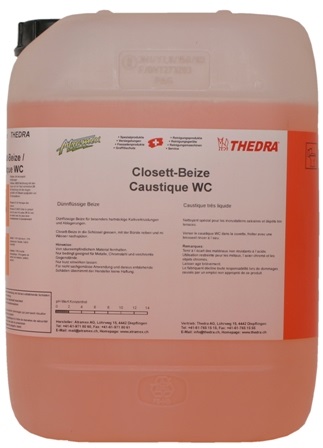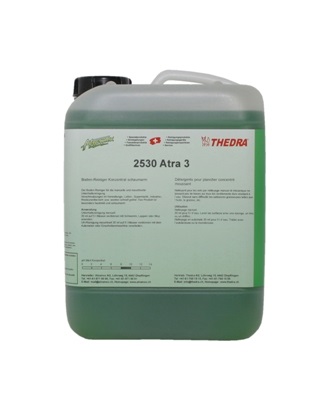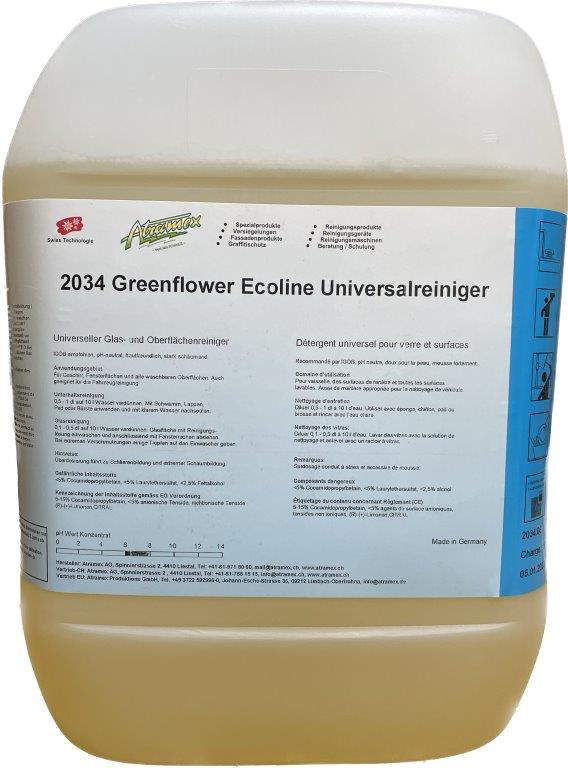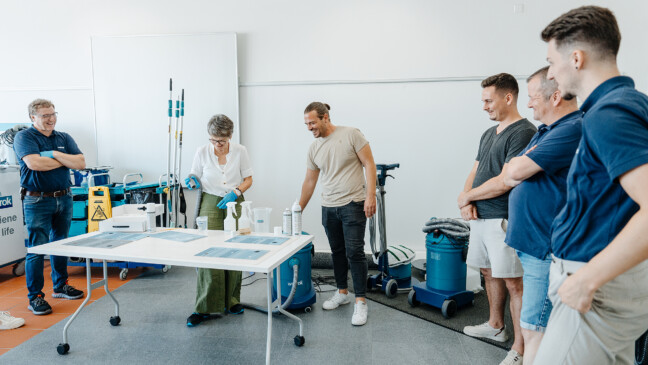
07.11.24
Facade cleaning – what really matters (Part 3)
Asllan Smakaj has been working for Enzler Reinigungen AG for almost 30 years as Head of SR Region West and is an expert in facade cleaning. In an interview, he shares valuable insights and explains what to pay particular attention to when cleaning facades. We also had the opportunity to interview Atramex, another specialist in this field, to gain additional perspectives. The interview is divided into three articles and will be published on Thursdays.
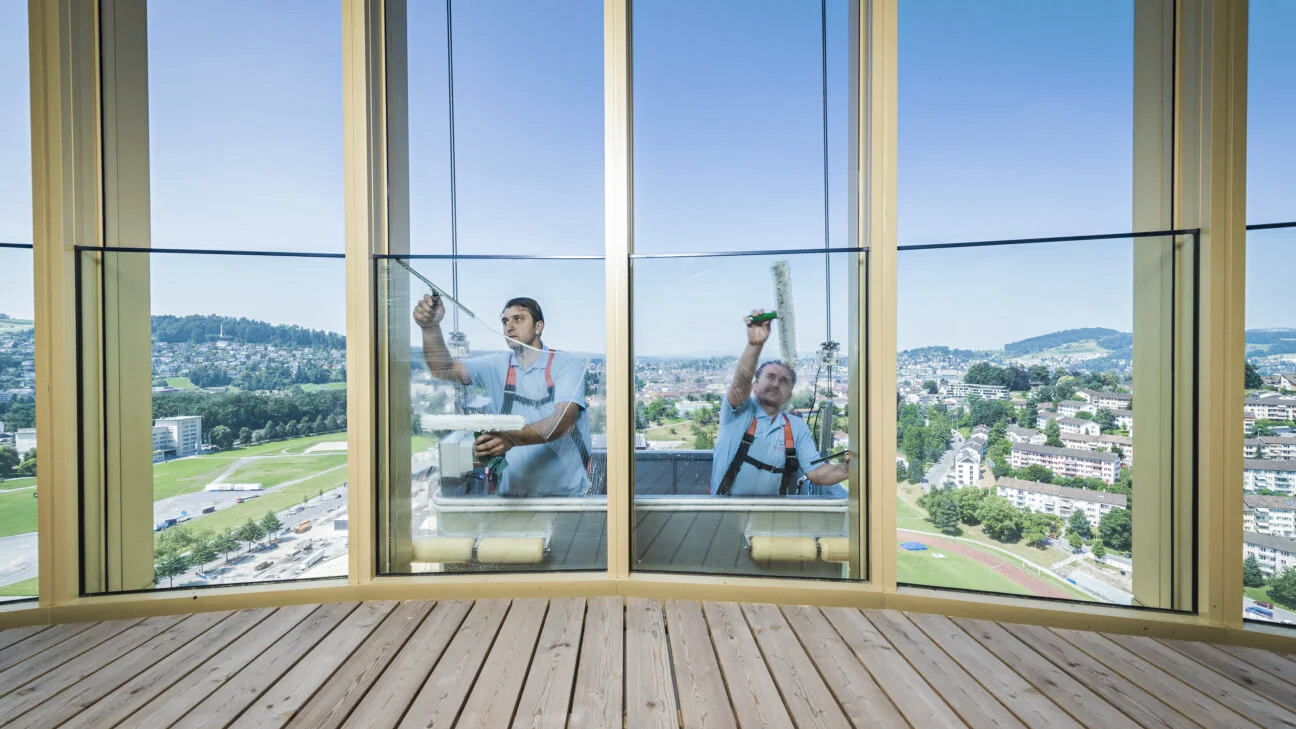
Introduction Asllan Smakaj
Asllan Smakaj has started out his career at Enzler Reinigungen AG as a special cleaner. From 2014 to 2023, he was head of the special cleaning department and has been division manager since 2024. He is known for responding promptly and efficiently to customer inquiries and finding solutions. Thanks to his further training as a building cleaning specialist with a federal certificate and his high level of commitment, he makes a significant contribution to high customer satisfaction.
Mr. Smakaj, how often should facade cleaning ideally be carried out, and what influences this decision?
The ideal frequency of facade cleaning can vary greatly and depends on several factors General recommendations can be summarized as follows In urban areas, which are often affected by high levels of air pollution or heavy traffic, cleaning should be considered every one to two years.
In rural areas, on the other hand, cleaning every three to five years may be sufficient, provided there is no particular pollution However, the facade material plays a decisive role and must always be taken into account when making this decision.
Can you tell us about a particularly challenging or unusual cleaning project?
One particularly challenging cleaning project that I remember was the facade cleaning of BLKB in Liestal. The facade, which consisted of anodized elements and natural stone elements, was heavily affected by algae, moss and airborne pollutants, which considerably diminished its original appearance.
One of the biggest challenges was the variety of materials. As the façade was made of different materials, each area required special treatment to prevent damage. After several weeks of hard work, the result was impressive. The facade was restored to its original glory and the client was delighted. It was a challenging but extremely rewarding experience that gave me an impressive insight into the diversity and complexity of facade cleaning.
Are there certain certifications or qualifications that are particularly important for your job?
There are several certifications and qualifications that are of great importance to the profession of façade cleaner to ensure safety, professionalism and expertise. Among the most important are safety certificates, which ensure that employees are trained in safety practices, for example according to the guidelines of the SZFF (Safety Center for Professionals) and PPEgA (Personal Protective Equipment against Falling). Training and certifications are required for high-risk work at height in particular, covering work at great heights and the use of rope access techniques.
Another important aspect is chemical safety. This includes certificates that cover the safe handling of chemical cleaning agents and their environmentally friendly disposal. There are also specialized cleaning certificates that include training for certain cleaning processes such as high-pressure cleaning or steam cleaning as well as the use of special cleaning agents.
For the care and cleaning of historic and listed buildings, monument protection certifications are particularly valuable. These training courses provide important knowledge and skills in this specific area. First aid certificates are also essential in order to be able to provide immediate assistance in the event of an accident.
In addition, memberships in professional associations and organizations can provide further qualifications and access to up-to-date information and further training. Obtaining these certifications and qualifications not only promotes safety and efficiency in the workplace, but also strengthens customer confidence in the services offered.
Do you see any trends or changes in the way buildings will be cleaned in the future?
A growing awareness of sustainability and environmental protection will lead to an increase in demand for environmentally friendly cleaning methods and products. Companies will increasingly use biodegradable and less harmful chemicals. The use of technology will also become more important. For example, drones will increasingly be used to inspect and document façades in order to efficiently assess hard-to-reach areas before the actual cleaning begins.
In addition, digitalization will certainly increase even more. Digital platforms for planning, monitoring and documenting cleaning work will increase efficiency and improve communication between teams and customers. With these technological advances, however, the need for expanded training programs is also growing. Employees need to be trained in the latest techniques and safety standards. Safety standards are likely to be further tightened, which could lead to innovative solutions to minimize risks during cleaning.
Thank you very much for the interesting interview.


